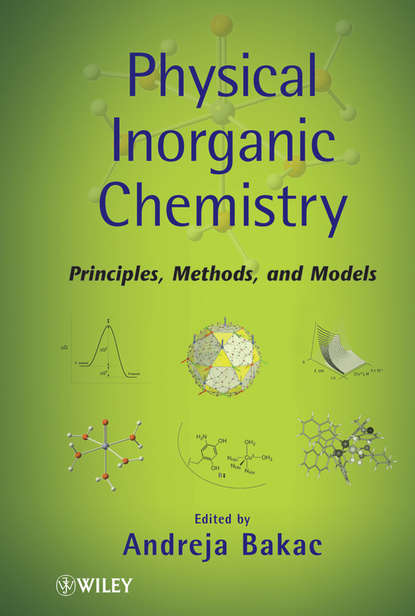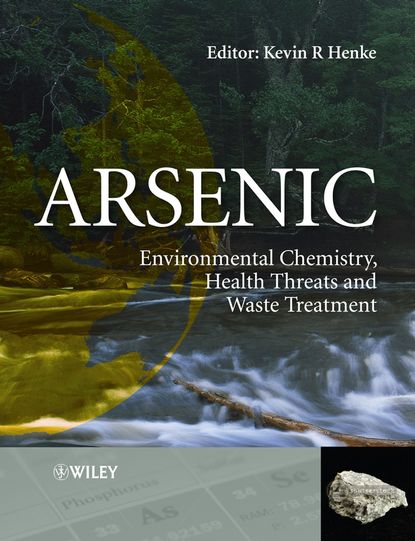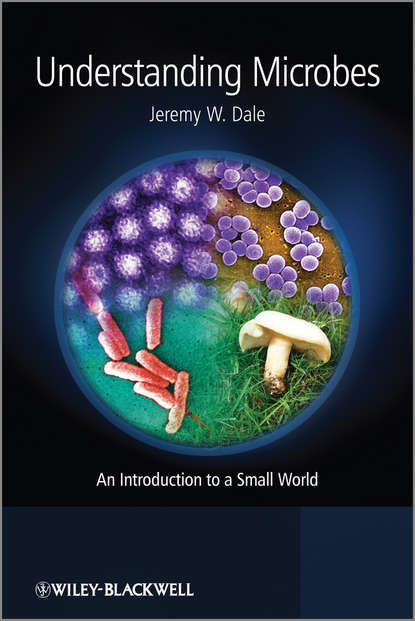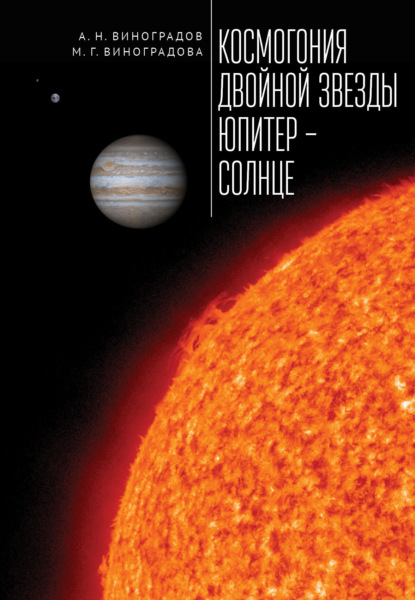Книга "Физическая неорганическая химия. Принципы, методы и модели" является фундаментальным источником информации по физической неорганической химии, охватывающим такие темы, как типы реакций и механизмы их протекания. Также в книге исследуются сложные реакции и процессы с точки зрения их влияния на энергетику, окружающую среду и здоровье человека. Особое внимание уделено механизмам реакций, теме, которая обычно не получает достаточного освещения. Книга разделена на две части, в которых исследуются самые актуальные и передовые темы в химии, такие как будущее солнечной энергетики, катализ, экологические проблемы, изменение климата, атмосфера и здоровье человека. Это ценный ресурс для исследователей, преподавателей и студентов, которые заинтересованы в понимании химии.
Physical Inorganic Chemistry offers an overview of the fundamental principles and methods of modern physical inorganic chemistry. Via detailed discussions on various aspects of chemical processes (such as reaction types and mechanisms) and treatment of complex reactions in terms of energies, environments and their influence upon human health, this book provides a firmly established and well-rounded basis for educational content across a wide array of disciplines, including research, teaching and dedicated studies.
Электронная Книга «Physical Inorganic Chemistry. Principles, Methods, and Models» написана автором Andreja Bakac в году.
Минимальный возраст читателя: 0
Язык: Английский
ISBN: 9780470602515
Описание книги от Andreja Bakac
Physical Inorganic Chemistry contains the fundamentals of physical inorganic chemistry, including information on reaction types, and treatments of reaction mechanisms. Additionally, the text explores complex reactions and processes in terms of energy, environment, and health. This valuable resource closely examines mechanisms, an under-discussed topic. Divided into two sections, researchers, professors, and students will find the wide range of topics, including the most cutting edge topics in chemistry, like the future of solar energy, catalysis, environmental issues, climate changes atmosphere, and human health, essential to understanding chemistry.



















